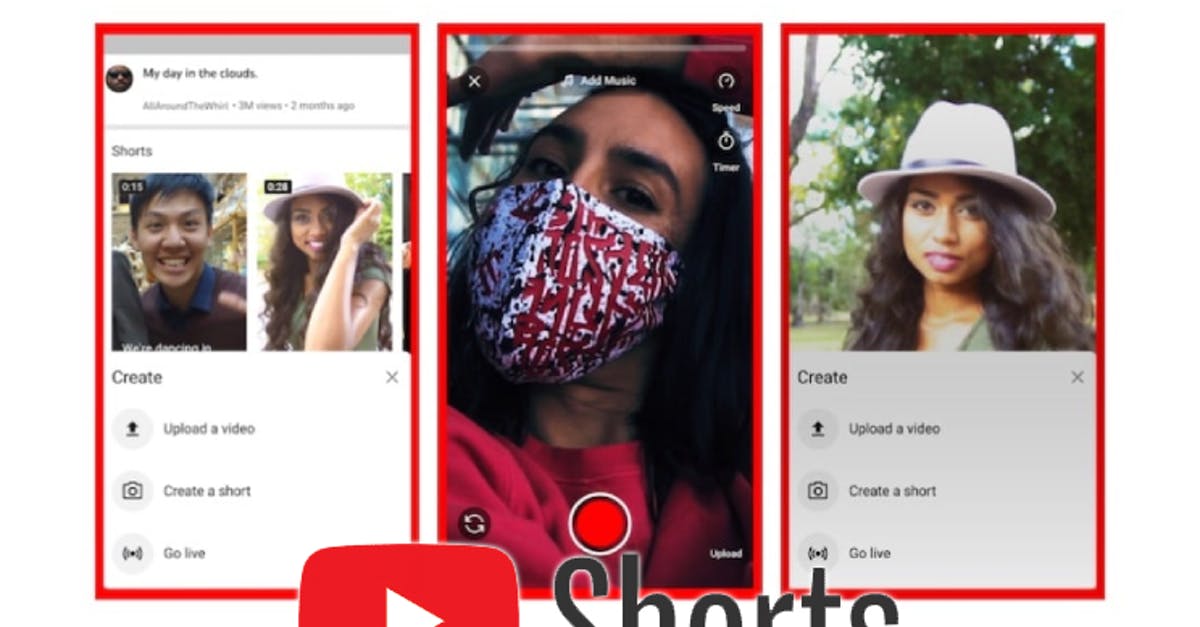what good is 5G as long as it is not faster than 4G?
If you can believe providers and manufacturers, 5G is already very fast and you would do well to buy a 5G smartphone. This way you benefit from the best mobile internet. But what good is 5G if practice shows that it is not faster than 4G? Editor Rens is therefore critical of the hype.
Read on after the ad.
Contents
A misleading start
The Netherlands has had a 5G network since the summer. 5G succeeds 4G and should enable faster mobile internet, with a shorter delay time and support for many more mobile devices at the same time. Vodafone, T-Mobile and KPN offer 5G, for which you do need a suitable smartphone. More and more brands are offering 5G devices. Providers and manufacturers are putting an awful lot of money into promoting 5G in the hope that you will start using it.
You will undoubtedly do that, because 5G smartphones are falling in price and in the not too long term the feature will be in almost all devices. Providers can charge a surcharge for access to their 5G network, but currently mainly offer it at no extra cost. Everything for a flying start.
I am following the developments around 5G with great interest, but I think that the new mobile network has started mainly misleadingly.
5G is no faster than 4G
What I find especially misleading is that interested parties like to tell you that you should use 5G now if you want the fastest internet. But if you look at the frequencies that 5G uses, you know that 5G can hardly be faster than 4G.
An extensive practical test by my esteemed competitor Arnoud Wokke van Tweakers gives the same result: 5G is often no faster than 4G.
Despite the fact that 5G is hardly better than 4G, providers like to brag about their 5G networks. For example, an independent investigation by Umlaut this week led to roaring press releases from the three major providers. ‘KPN’s new 5G network is the best in the Netherlands’,’ KPN has the fastest 5G network in the Netherlands’, ‘Vodafone customers experience the best coverage and lowest latency’ and ‘T-Mobile’s 5G offers the best coverage according to the mobile network test ‘.
Vodafone director admits deception
I found a spicy statement by Vodafone Group director Nick Read. He said in conversation with analysts in mid-November that the way Vodafone offers 5G in the Netherlands is misleading people. This is because Vodafone uses Dynamic Spectrum Sharing (DSS), where 5G works via a frequency that is also used for 4G. Read: “It is effectively showing you a 5G symbol, but giving you 4G performance. What we have said as a company is: we don’t want that, because it is misleading for consumers and businesses. What you want is 5G built the right way, with true 5G performance. ”
A Vodafone spokesperson was then quick to correct the director. 5G via DSS is indeed real 5G, because umbrella organization GSMA has agreed on this in the past and TNO has tested it. That may be the case, but Read’s argument is more in line with my opinion.
5G logo on 4G internet
Displaying a 5G logo with a 4G connection is not a metaphor; it really happens. In particular smartphones from Xiaomi, such as the Poco F2 Pro, and models from Oppo and OnePlus do this at Vodafone and T-Mobile. This is simply because the 5G modem in the smartphone is fooling itself. And that is again due to previously made rules of the GSMA, reported Tweakers recently.
You may therefore see a 5G icon in the status bar, but you are using a 4G connection. Tweakers asked the providers if it is correct (yes) and if they are going to do something about it (no). Based on these findings, the Regulator of the Consumer & Market Authority (ACM) is looking at whether it can or should do something. I’m curious.
5G smartphones do not support 5G
What is also not good for the marketing of 5G smartphones is that some 5G models do not support 5G at all. This problem mainly affects Vodafone customers. Devices such as the Motorola Moto G 5G and Moto G 5G Plus cannot ‘yet’ work with Vodafone’s 5G network due to a technical reason. iPhones do not have this problem.
Long story short: 5G is being praised, but is hardly faster than 4G. I also find some of the rules of the GSMA remarkable, as if they were made to serve 5G to as many people as possible.
Patience for years to come
5G will only become really interesting when the 3.5GHz frequency becomes available. That will only happen in the fall of 2022, when the government no longer needs the frequency for espionage purposes and auctions it to providers. Via the 3.5GHz frequency, 5G can provide the futuristic upload and download speeds that we have been looking forward to for years. Until then, 5G is mainly a hype with little practical use.


